Halle Berry is not interested in stopping the natural process of aging. The 58-year-old actress is a firm believer women are more than just their appearance, despite how hard society tries to convince them otherwise, and is determined to age “gracefully and naturally.”
In a no-holds-barred conversation with Fortune Magazine, Berry, who is widely regarded as one of the most beautiful women in the world, opened up about the pressures to retain a certain image when all you’re recognized for is your looks. “I have longed for someone to say something to me other than, ‘Oh gosh, you’re so pretty,’” she said, adding, “I know I’m more than this.”
Though Berry’s can be typically described as an above-average beauty, the obsession with physical appearance, and the very limited pool of what is deemed “beautiful” or “acceptable,” is a weight that all women carry, especially when it comes to growing old.
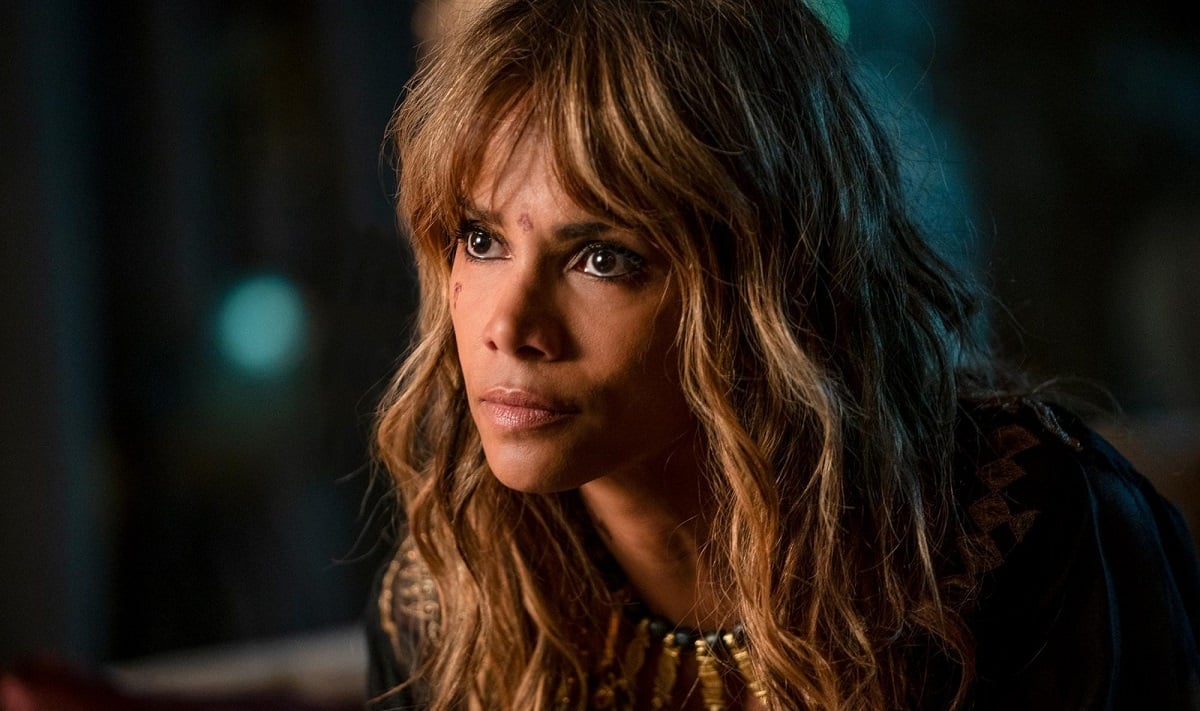
Both in the public eye and universally, there’s a much higher tolerance for wrinkles, loose skin, and gray hair in men. That’s partially because their selfhood is not as dependent on how they look, but rather what they do for a living or how they act. Meanwhile, a woman’s worth has been intrinsically connected to their appearance, not just by men, but by societal structures at large, such as advertisements and media. As a result, they spend copious amounts of time and money on products and procedures to delay that which is the single most natural process of our lives — growing old. This is especially true for those in a line of work as visual as film and television (though, with the advent of social media, the line that separates those jobs from your regular Jane’s everyday life is now thinner than ever).
The conversation about aging has been pushed to the forefront of public discourse recently with the success of Coralie Fargeat’s horror film, The Substance. Led by 62-year-old Demi Moore, it centers a fading celebrity who becomes obsessed with regaining her youth, leading her to consume a black-market drug that creates a younger, better version of herself. Only, as with every addict, a regular dose soon becomes insufficient, and the overuse goes on to have disastrous consequences.
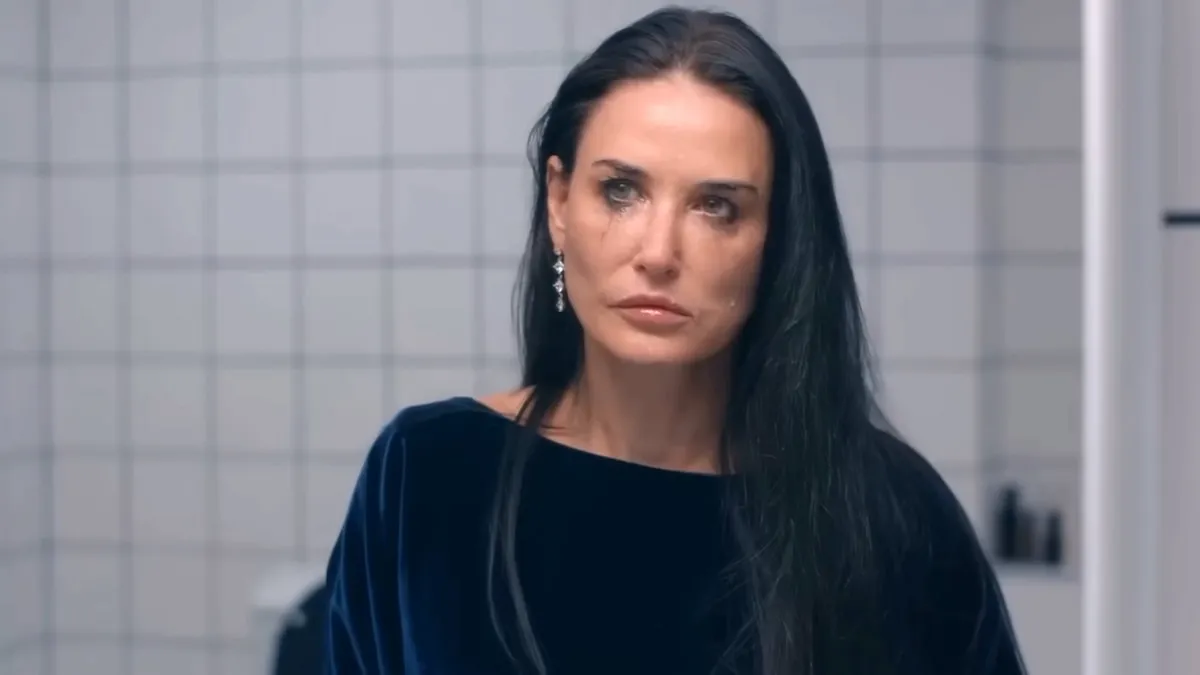
The film delivers sharp commentary about the beauty industry, with the titular substance being a clear stand-in for plastic surgery. The language Berry employed while talking about this same subject is remarkably evocative of The Substance‘s message.
“I think it’s a shame that, as women, we’re being told that we have to find a way to stay eternally young, forever 30 — as though we’re not allowed to be human and do what we’re naturally born to do. We’re born to age and die. But, somehow, as women, we have to do the unthinkable. We have to figure out a way to do it, and unfortunately we’re turning ourselves into monsters trying to do that.”
There’s nothing inherently wrong about plastic surgery (though one could argue that its results are often worse than the natural aging of the body). It’s the culture that surrounds it that has become so warped as to be confused with female empowerment. Sure, there’s power in having control over how you look, but make no mistake, there’s little you’re truly in control of when it comes to the beauty industry.
Advertisement and marketing are mighty, manipulative beasts whose sole purpose is to get you to spend money — not to feel better about yourself or be truly satisfied with a product, but to splash out. In fact, just like the addictive nature of “the substance,” the beauty industry is known to fabricate insecurities you didn’t know you had until they told you that you should be doing something about them.
Women aren’t at fault for seeking these procedures, nor for reinforcing these standards. They can’t even be strongly criticized for lying about the source of their never-aging, forever plump and toned appearances. They have been near-bullied into behaving this way by decades of targeted and strategized advertisement.
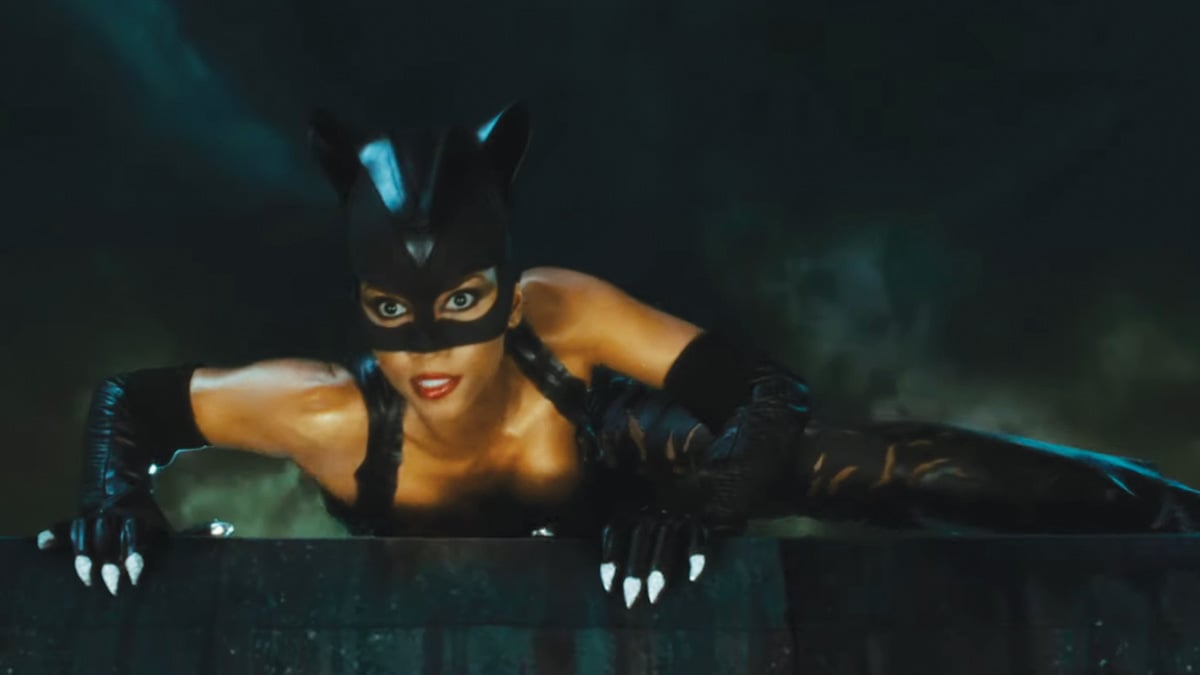
This is exactly why it’s so important that someone like Halle Berry, a global beauty icon who has been the poster person for so many similarly toxic campaigns and media over the years, is now speaking out and highlighting this pattern.
Sure, it’s easy to “age gracefully” when you’re naturally gorgeous and have the means to purchase top-of-the-line skin care, and it’s more likely than not that Berry had a few cosmetic interventions before becoming anti-plastic surgery, too. Still, the fact that she’s so blatantly calling out the toxicity of a practice far too prevalent in her world is an undeniable step forward. May she lead that walk by example.

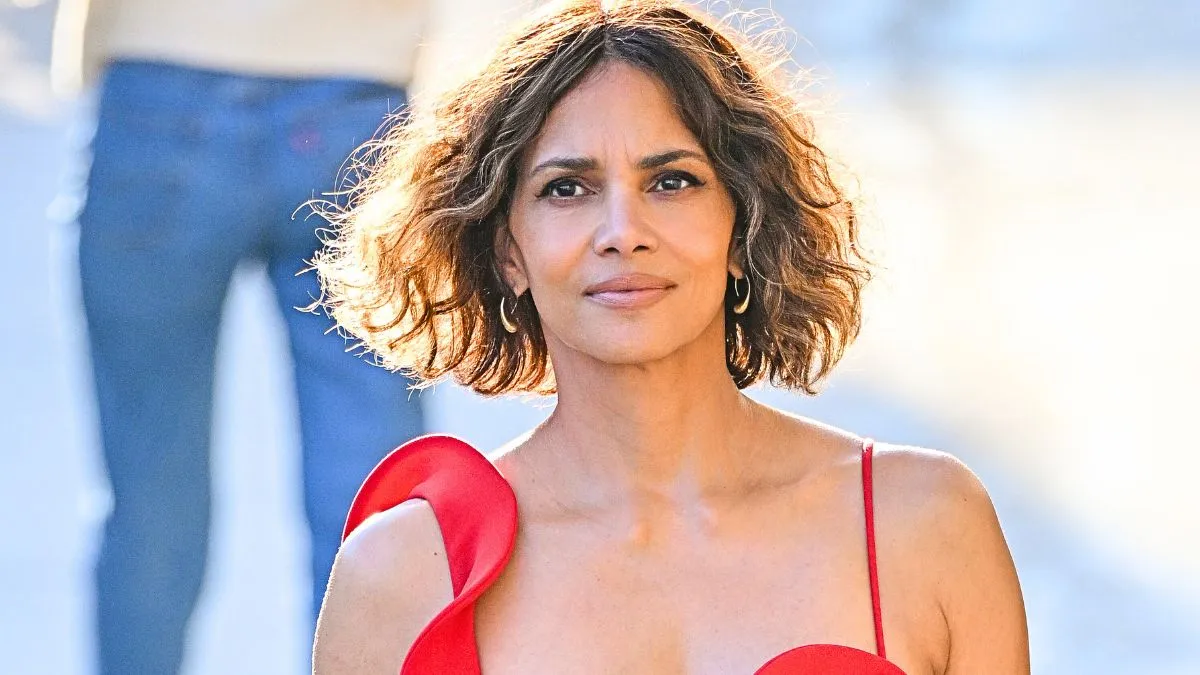
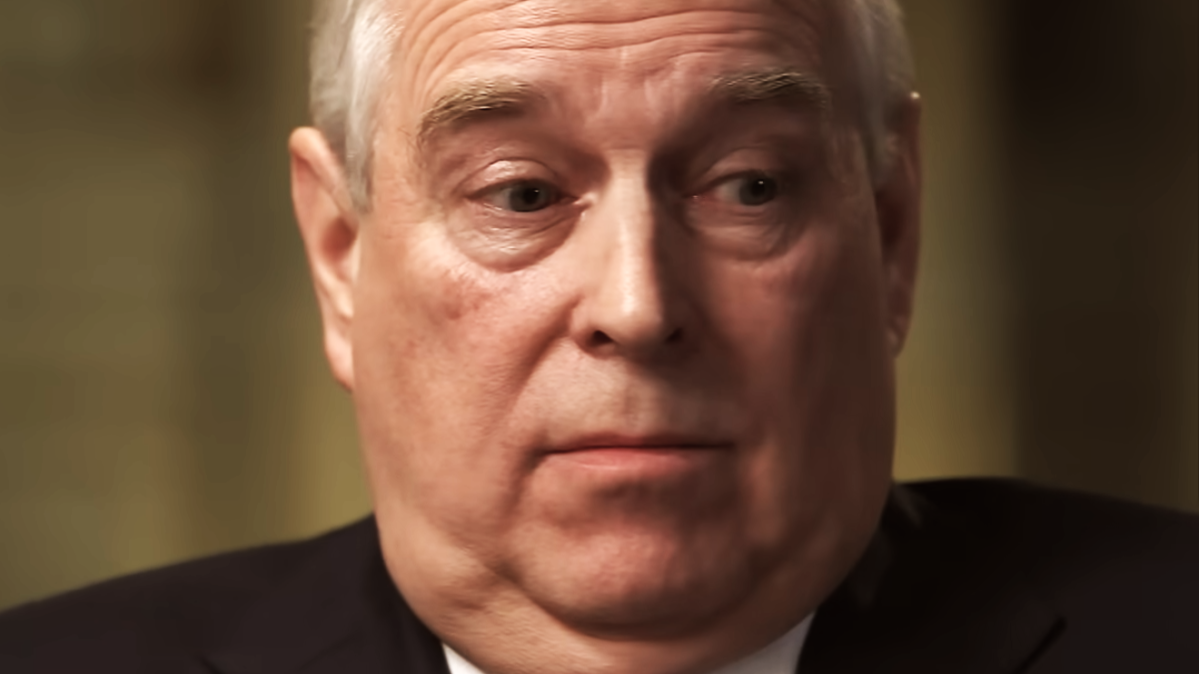
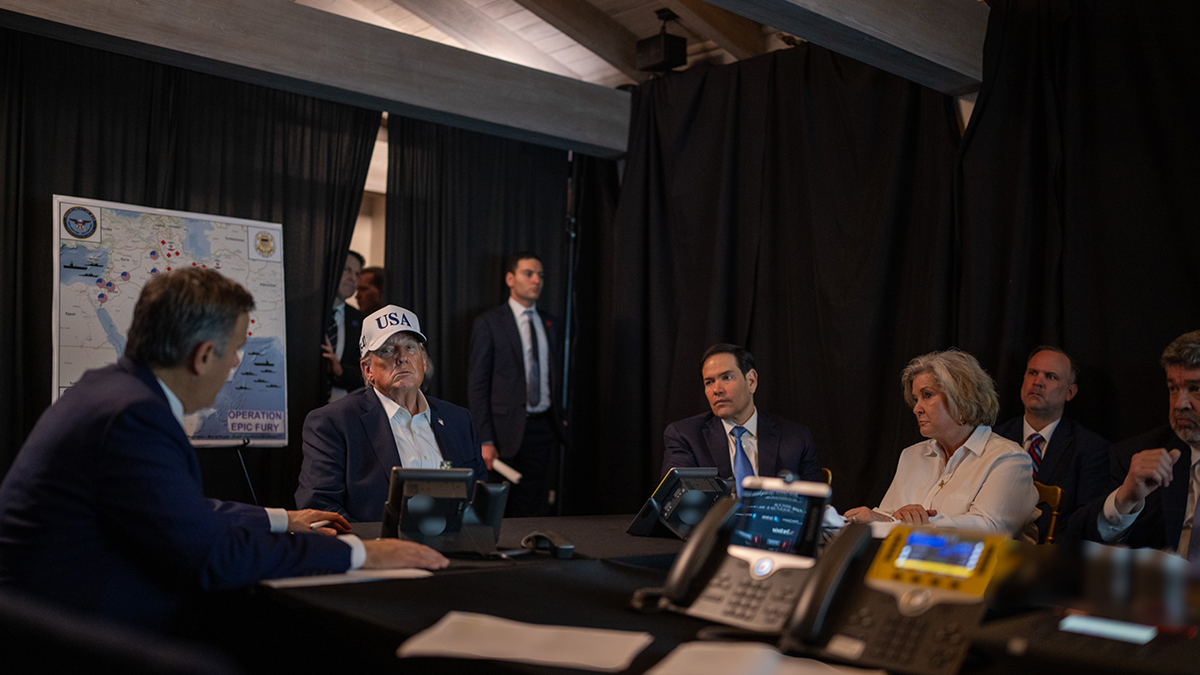
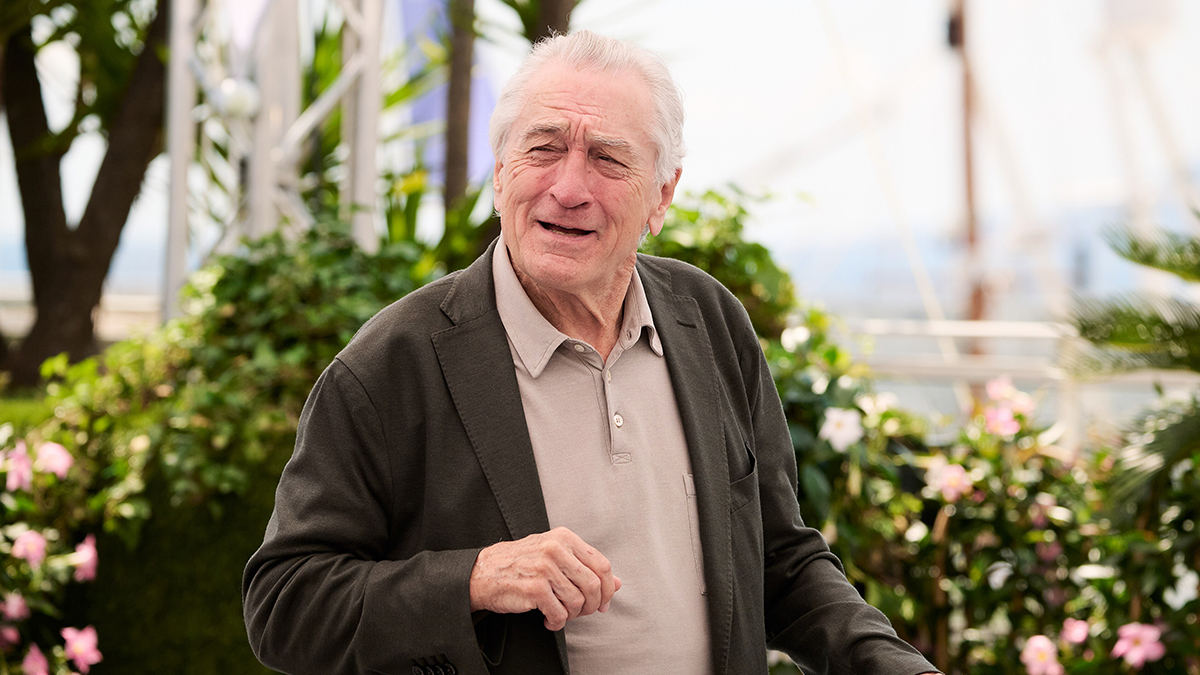
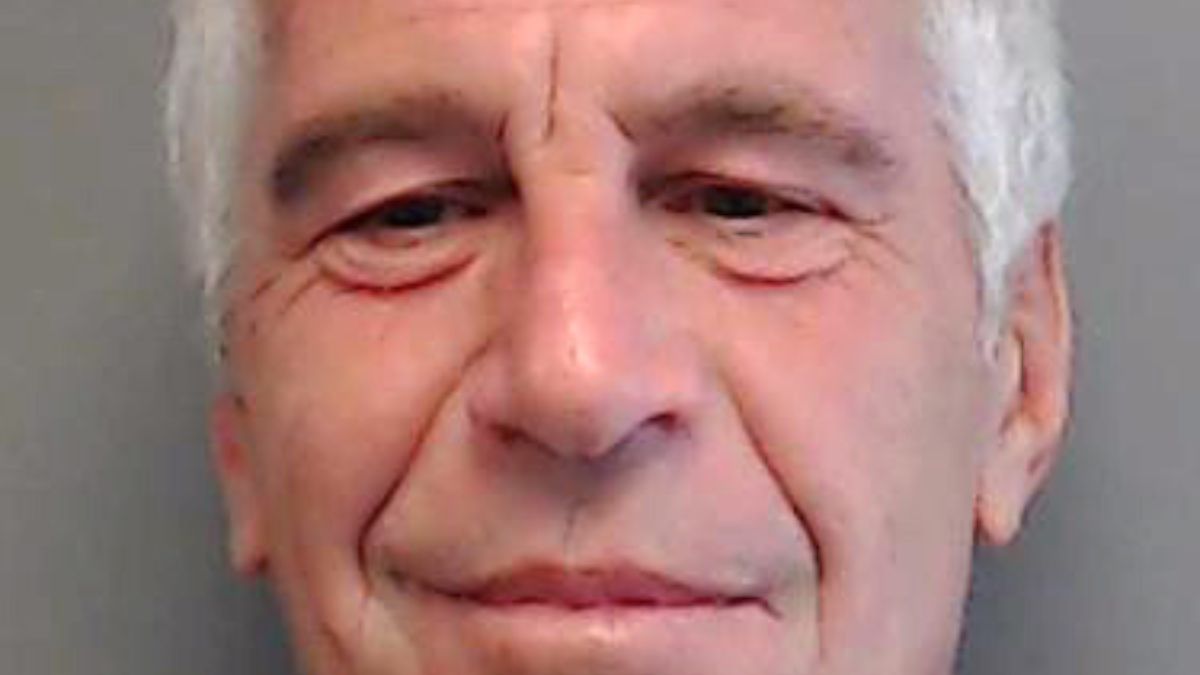
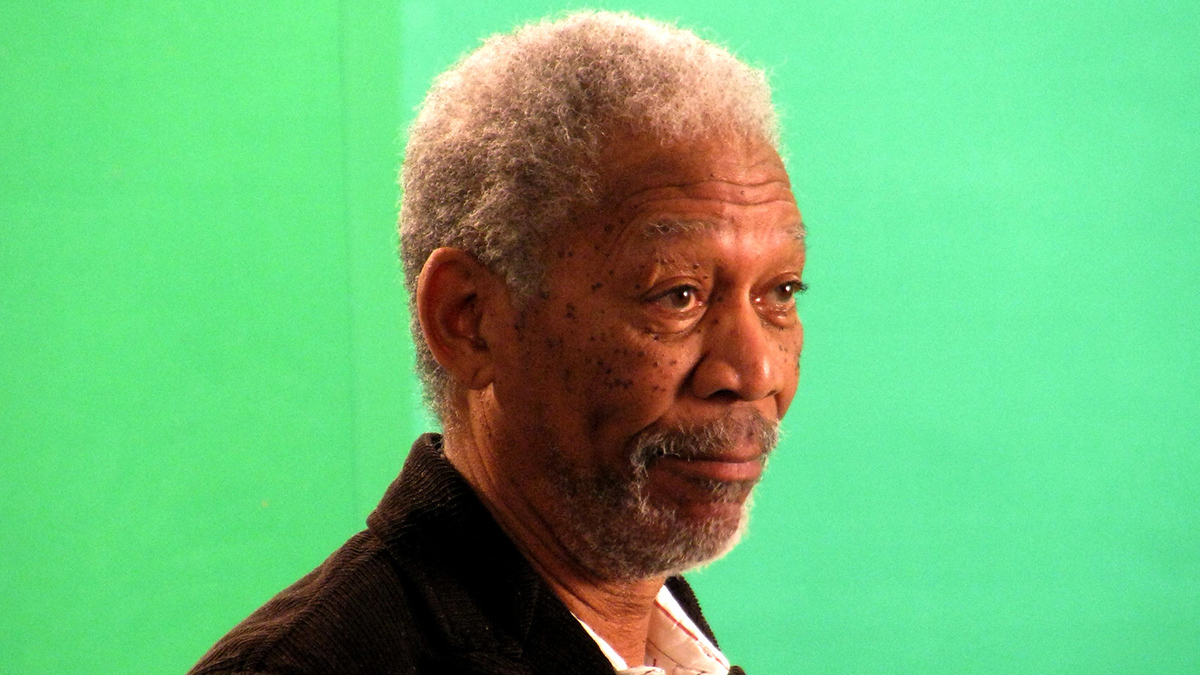
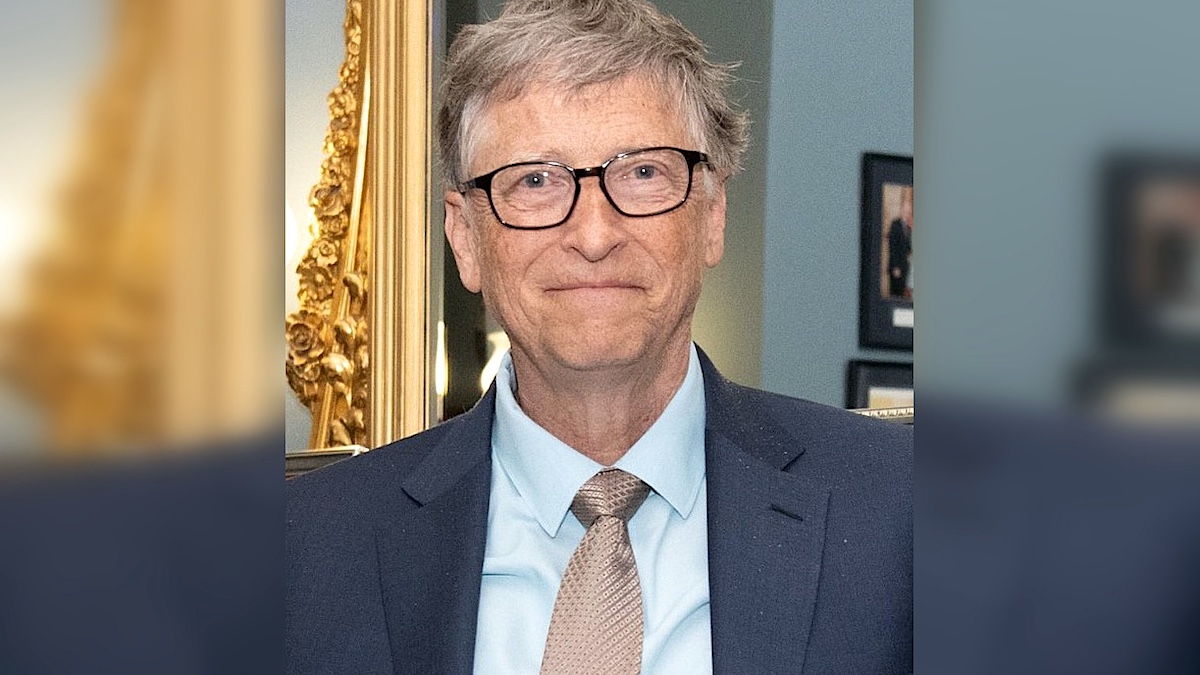
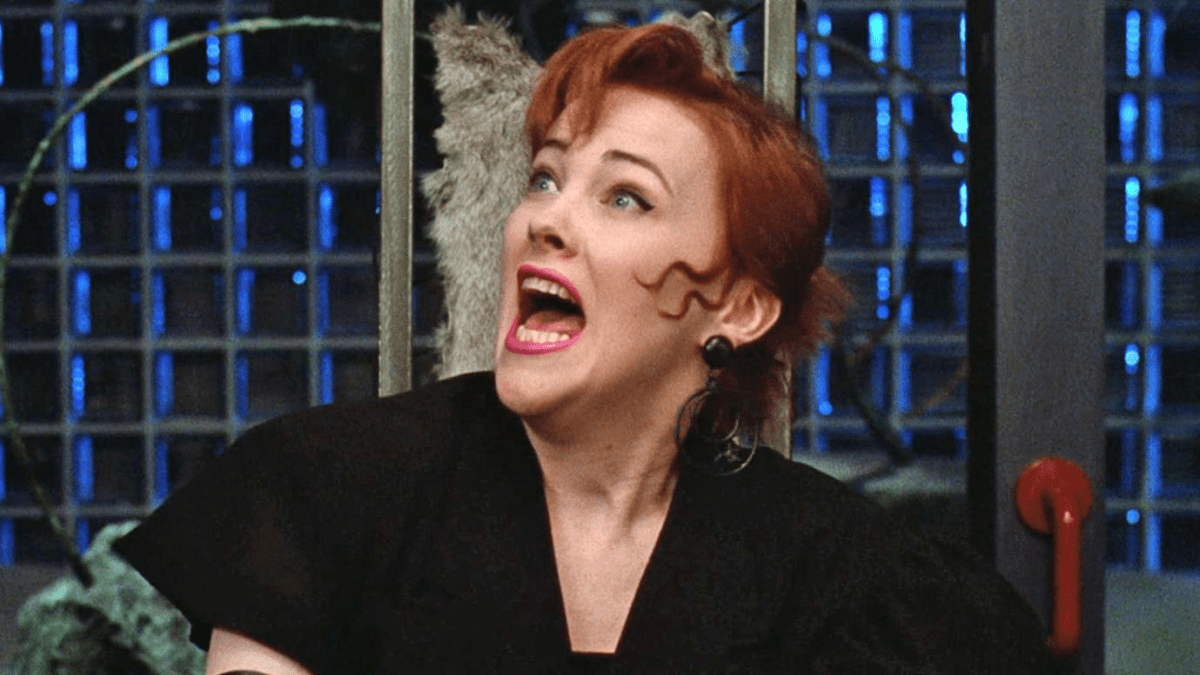
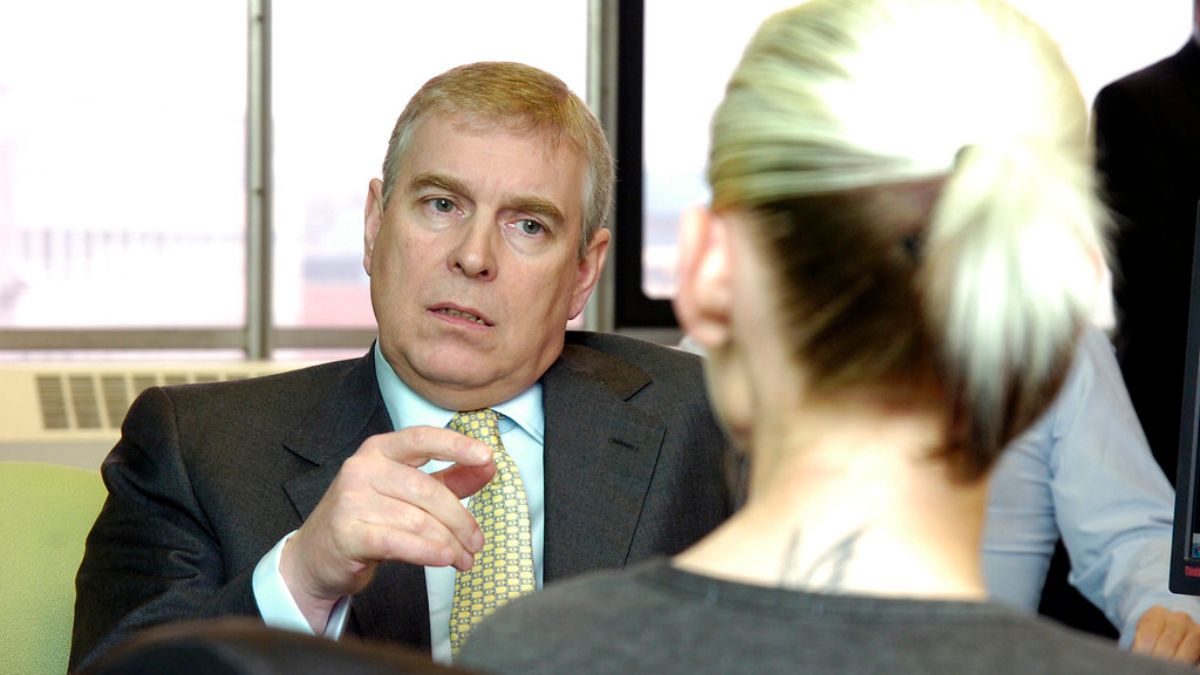

Published: Nov 25, 2024 03:04 pm